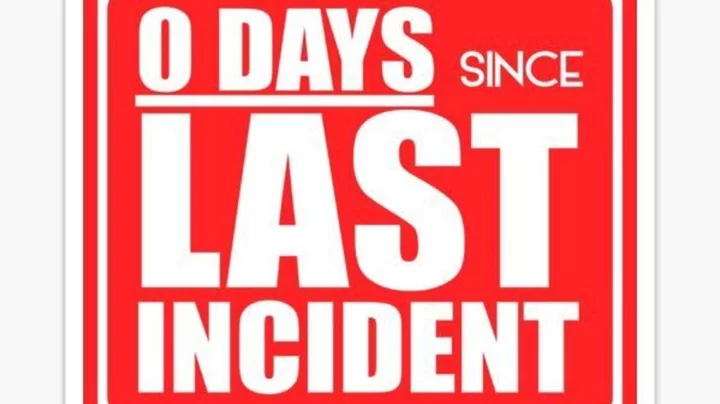Hunter Biden's lawyers hope a recent federal appeals court ruling on access to firearms could help convince the Justice Department not to bring a gun-related prosecution against the president's son, sources close to his legal team tell CNN.
The 3rd US Circuit Court of Appeals ruled on Tuesday that it was unconstitutional for a Pennsylvania man to be denied, under federal law, the ability to purchase a gun because of the man's previous conviction for lying on a food stamp application.
In Hunter Biden's case, federal prosecutors are weighing possible charges related to tax violations and to making a false statement related to a gun purchase.
In particular, investigators are looking at whether he lied on his 2018 application to buy a gun when he said he wasn't a user of unlawful drugs. Hunter Biden has acknowledged his struggles with drug addiction. He has not been charged with any crime.
Hunter Biden's team recently met with Justice Department officials to express concerns about any possible criminal case against their client.
The 3rd Circuit Court said in the new ruling that the federal law could not be enforced against the Pennsylvania man, Bryan Range, under the Second Amendment test laid out by the US Supreme Court decision last summer called New York State Rifle & Pistol Ass'n, Inc. v. Bruen.
The appeals court said that the federal law in question -- which prohibits the possession of firearms by people who have been convicted of a crime punishable by one or more years in prison -- was unconstitutional as it was applied to Range's case. The 3rd Circuit remanded the case back to lower court, instructing it to issue an order that will prevent the government from enforcing the prohibition against Range.
While the appeals court described its decision as "narrow," it is the latest example of how the Supreme Court's Bruen opinion is being used to undermine federal and state gun restrictions in legal challenges across the country. President Joe Biden has said he is "deeply disappointed" with the high court's decision.
The new ruling was from the full "en banc" 3rd Circuit, which voted 11-4 in Range's favor, though some of the judges signed on to a concurring opinion to stress that the federal gun prohibition could still be applied to people convicted of more serious crimes.
The majority opinion, written by Circuit Judge Thomas Hardiman, a George W. Bush-appointee, said that Range's misdemeanor conviction for the false statement on the food application should not exclude him from the "people" the Supreme Court has said -- in both Bruen and a previous ruling known as Heller -- are covered by the Second Amendment.
"In sum, we reject the Government's contention that only 'law-abiding, responsible citizens' are counted among 'the people' protected by the Second Amendment," Hardiman wrote. "Heller and its progeny lead us to conclude that Bryan Range remains among 'the people' despite his 1995 false statement conviction."
The second part of the Supreme Court's Bruen test instructs lower courts to analyze whether a gun restriction that is being challenged in court has an historical analogue to the firearm regulations in place at the Constitution's framing. The 3rd Circuit said that the government had failed to prove there was a "Founding-era" parallel to the federal law that barred Range from owning a gun.
"Apart from the fact that those restrictions based on race and religion now would be unconstitutional under the First and Fourteenth Amendments, the Government does not successfully analogize those groups to Range and his individual circumstances," Hardiman wrote. "That Founding-era governments disarmed groups they distrusted like Loyalists, Native Americans, Quakers, Catholics, and Blacks does nothing to prove that Range is part of a similar group today."









